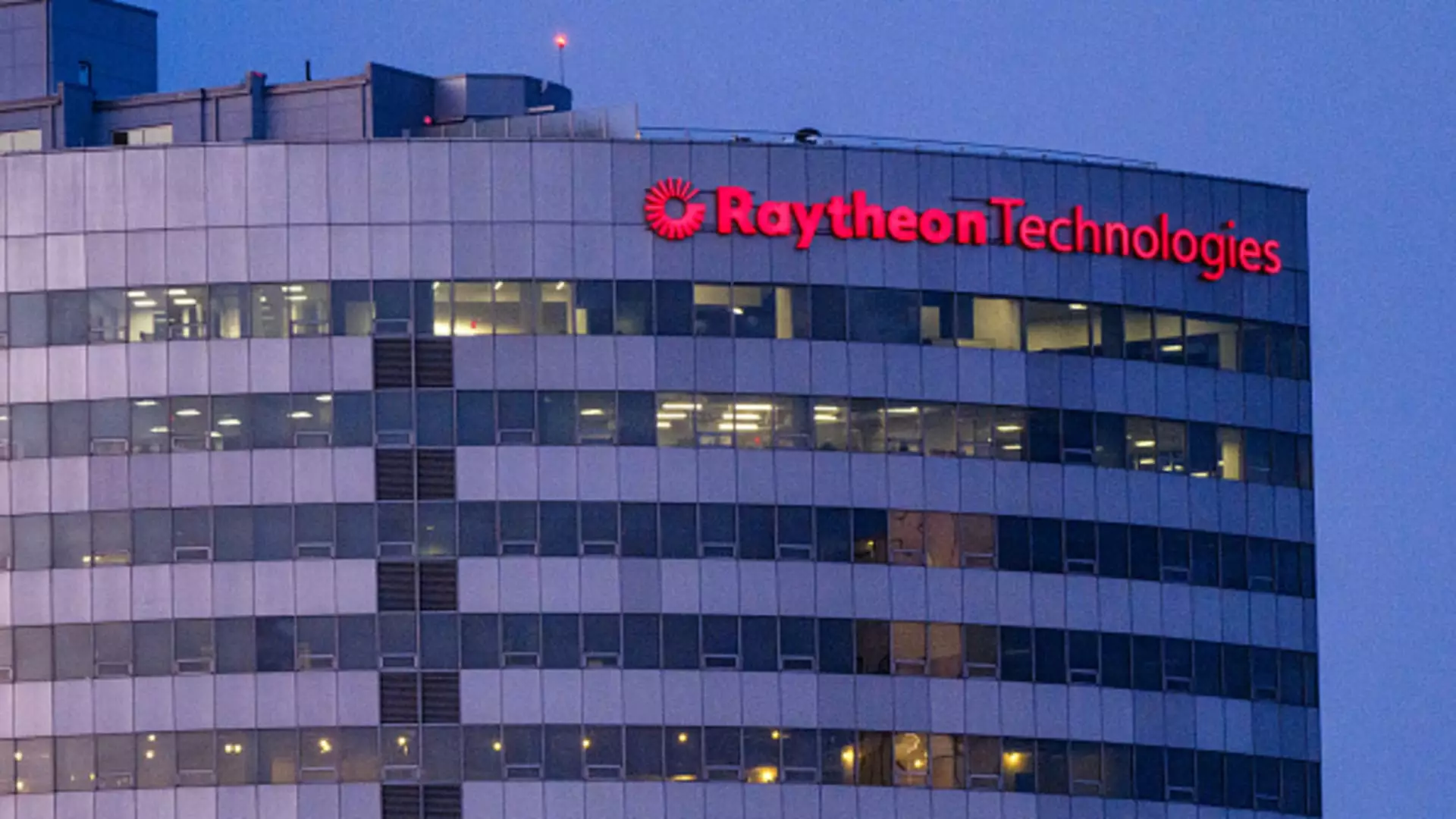In a significant settlement decision, Raytheon, a subsidiary of defense contractor RTX, has agreed to a staggering payment of over $950 million to address investigations by the U.S. Department of Justice (DOJ). The allegations encompass a range of serious issues, including government contract fraud, breaches of foreign bribery laws, and violations of the Arms Export Control Act. Additionally, the company settled charges related to the Foreign Corrupt Practices Act (FCPA) with the U.S. Securities and Exchange Commission (SEC) for more than $124 million, connected to bribery payments totaling over $32 million aimed at gaining defense contracts in Qatar.
The DOJ has brought serious charges against Raytheon, citing their involvement in a conspiracy to bribe a high-ranking government official in Qatar. This not only highlights potential corruption in international defense contracts but also raises concerns about compliance processes within a major U.S. defense contractor. Furthermore, Raytheon’s failure to disclose these bribes in export licensing applications reveals systemic issues with governance and oversight structured within the company.
The allegations extend to two distinct fraud schemes targeting the U.S. Department of Defense (DoD), particularly concerning critical military assets such as the Patriot missile system and radar technologies. These cases exemplify how breaches of ethical conduct can profoundly affect national security interests and undermine the integrity of defense procurement processes.
As part of the settlement agreement, Raytheon will implement enhanced compliance measures, including appointing an independent monitor for three years to ensure adherence to legal and ethical standards. The joint statement issued by RTX acknowledged past misdeeds but asserted the company’s commitment to rectifying these wrongs and improving their conduct moving forward. This move illustrates a push for corporate responsibility and a renewed focus on ethical business practices within the organization.
Deputy Assistant Attorney General Kevin Driscoll articulated the broader implications of Raytheon’s actions, underscoring that such fraudulent behavior erodes public trust. The ramifications extend beyond regulatory penalties; they also compromise the very foundation of the defense industry, impacting not just tax dollars but the legitimacy of U.S. defense operations on a global scale.
This settlement serves as a wake-up call for other defense contractors and industries handling sensitive government contracts. The financial penalties and the spotlight on Raytheon’s unethical actions signal the federal government’s commitment to holding corporations accountable for any misconduct. It sends a serious message that breaches of legal and ethical norms, particularly in defense contracting, will not be tolerated.
RTX has expressed a commitment to transparency and improving their operational conduct, echoing a broader corporate ethos toward accountability. As the world continues to grapple with challenges of international security and defense integrity, the long-term effects of this case may influence future legislation and corporate governance standards within the defense sector.
Raytheon’s significant financial settlements highlight the critical need for stringent compliance measures in the defense industry. They serve as a crucial reminder of the importance of ethical conduct and accountability in maintaining public trust. As the landscape of corporate governance continues to evolve, the implications of this case will likely shape practices, regulations, and expectations for the future.


Leave a Reply